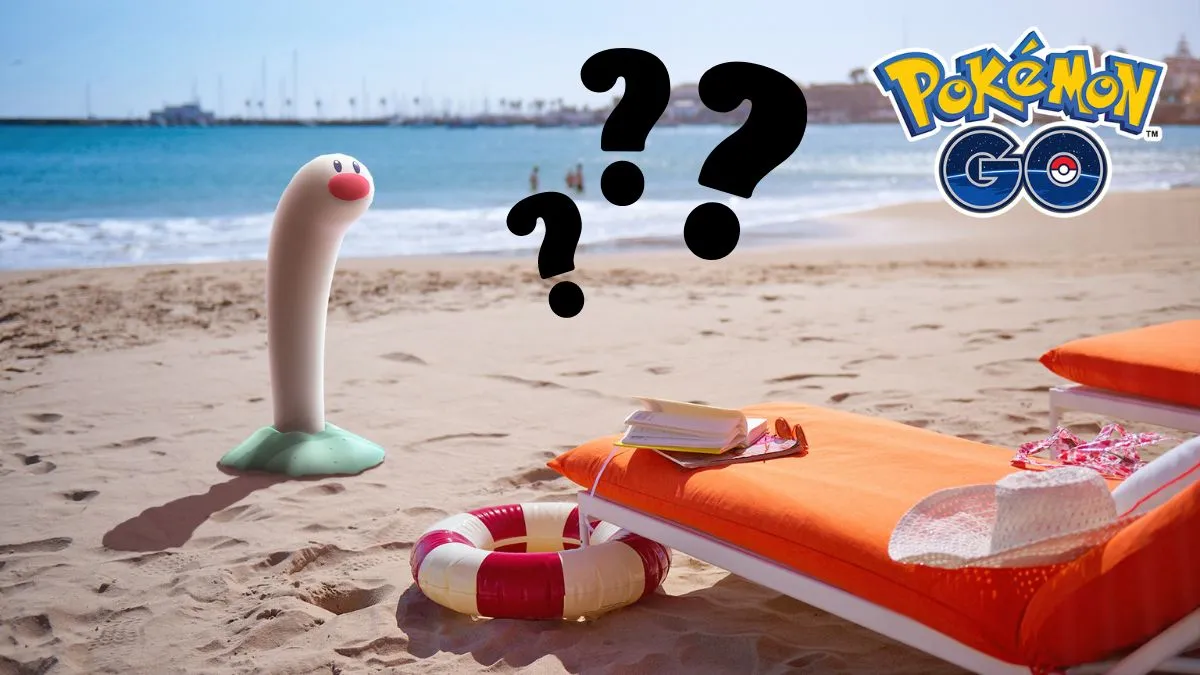
Bethesda Softworks has reportedly filed a “motion in limine” to prevent Interplay from presenting potentially harmful evidence in the jury trial phase of the Fallout Online lawsuit.
First things first: to Wikipedia! According to the world’s greatest source of all knowledge, a “motion in limine” is a request made to a judge, typically during pre-trial hearings, to include or exclude information or evidence because it is irrelevant, immaterial, unreliable or, most often, because it may be unfairly prejudicial. And with that knowledge in hand, we can now boogie over to the Duck and Cover forums, where word is that Bethesda has filed just such a motion in its litigational slamdance with Interplay over the Fallout Online MMO.
Here’s the relevant bit:
For the reasons set forth in the accompanying memorandum, Bethesda moves the Court for an order:
- (1) Holding that Defendant/Counter-Plaintiff Interplay Entertainment Corp. (“Interplay”) bears the burden of proof at trial on each of the following issues: (a) that Interplay has a trademark and copyright license; (b) that Interplay had commenced “full-scale development of its FALLOUT MMOG” by April 4, 2009 as set forth in Section 2.3 of the Trademark License Agreement entered into by Bethesda and Interplay on April 4, 2007 (the “TLA”); and (c) that Interplay had “secured financing for the FALLOUT MMOG in an amount no less than US$30,000,000.00” by April 4, 2009 as set forth in Section 2.3 of the TLA;
- (2) Precluding Interplay from offering parol evidence [Wikipedia!] to support its defense that the TLA granted Interplay a copyright license;
- (3) Precluding Interplay from arguing at trial that it had satisfied the “full-scale development” and “Minimum Financing” requirements set forth in Section 2.3 of the TLA by April 4, 2009; and
- (4) Precluding Interplay from amending its pleadings to assert the affirmative defense of mistake.
It’s times like this that I wish I had a lawyer lying around in a drawer somewhere, because to my eyes it looks like Bethesda wants the court to assert that the burden of proof is on Interplay and at the same time deny Interplay the means to meet that burden. If so, and if it works, it’s an unquestionably brilliant tactic, but I think I actually prefer the likelihood that I’m wildly misinterpreting things. Can this actually work? I suppose it “can,” at least in theory, or else Bethesda’s lawyers wouldn’t have bothered, but I have a hard time seeing any realistic likelihood that this is going to fly.


